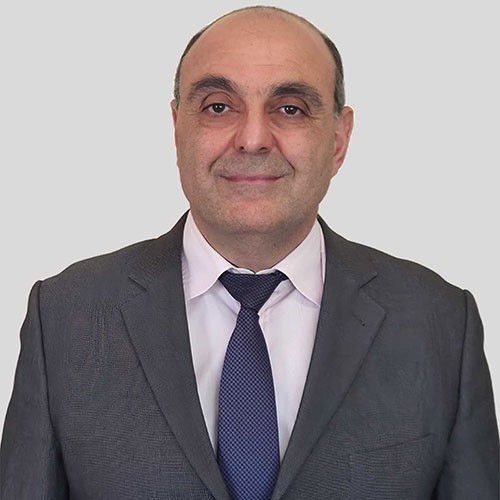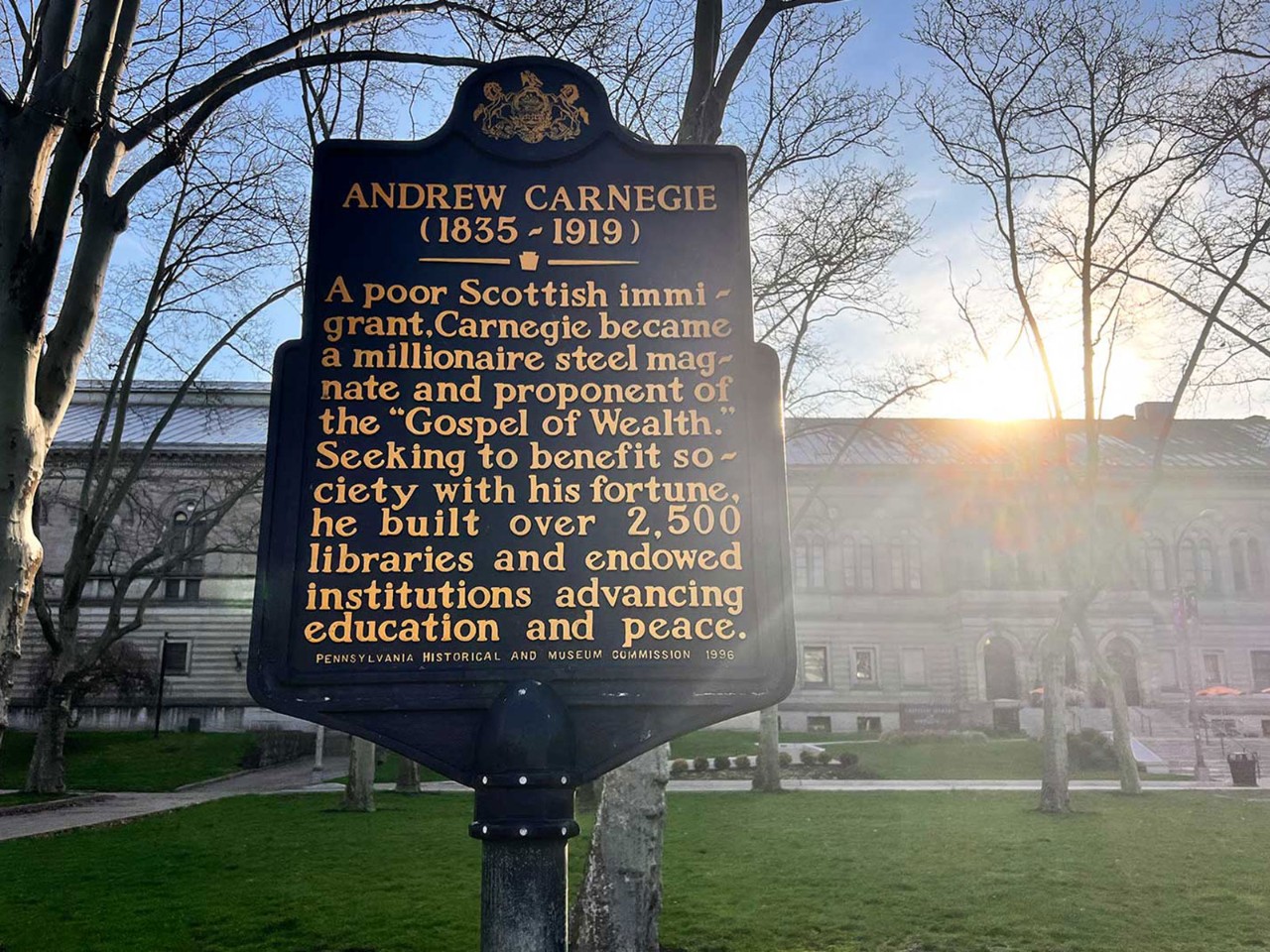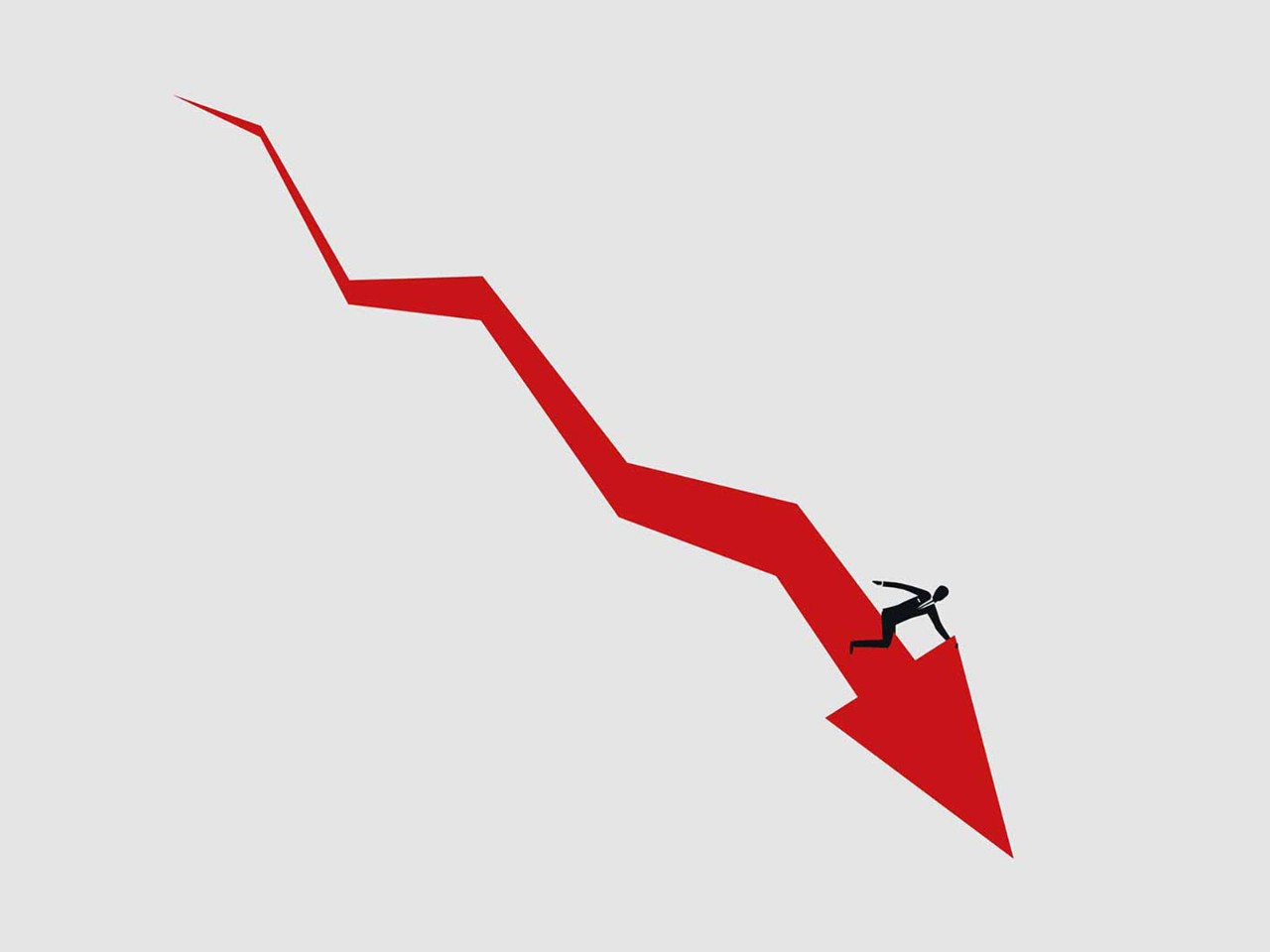
My career in accountancy was unplanned. After finishing school, I began studying business administration without much direction, but given my aptitude for maths, when a classmate mentioned ACCA, I decided to enrol.
I joined PwC in 1996, but in 1997 co-founded an audit and advisory firm. In 2005, we joined the PKF International network, and 15 years later I set up my own firm, Rightax. I’ve worked in audit, tax and advisory for over almost 30 years, gaining huge experience in the process.
An unexpected secondment on cruise ships while I was with PwC took me out of my comfort zone. I had to adapt to a unique operational setting and lifestyle. Leaving PKF and starting my own firm was another big challenge for me. It was a bold move, but one that has proven deeply rewarding.
Mistakes are not something to fear
What I like most about my job is delivering real value to businesses. Knowing I help clients make better decisions gives me great satisfaction. I also enjoy being a problem-solver. It’s very rewarding finding practical solutions that make a genuine difference.
‘Practice makes perfect’ is my favourite saying. It’s a simple but powerful reminder that consistency and persistence are key to improvement. I also like: ‘The person who never makes mistakes is the one who never tries anything new.’ Mistakes are not something to fear – they are opportunities to learn and grow.
Overreliance on AI could erode professional scepticism
AI has already made a major impact on the audit profession. While AI can process large volumes of data more efficiently than a human, there’s a risk that auditors may become overdependent on it. It could lead to the erosion of professional scepticism, with people no longer asking why and starting to trust AI outputs blindly. Auditing requires human judgment, context and ethical reasoning, and those are qualities that machines cannot replicate.
The generation gap is another audit issue. Many experienced auditors are not comfortable with new technologies, while younger professionals embrace them easily.
Geopolitical instability is a challenge for Cyprus. The wars in Ukraine and the Middle East are causing regional tensions, creating significant indirect pressures, including higher energy prices and reduced investor confidence. The scarcity of raw materials and essential goods, such as food, medical supplies and semiconductors, adds further strain. Many businesses struggle to absorb these costs. Cyprus’s tourism industry, though resilient, remains especially vulnerable to regional instability.
However, there are also opportunities. The renewable energy sector in Cyprus has abundant sunshine, with unlimited potential for solar energy development. Tourism also continues to evolve, with boutique hotels and wellness retreats in high demand, and real estate remains strong.
Tax and IP incentives are attracting tech startups to Cyprus
Cyprus is positioning itself as a hub for technology and innovation. The government’s tax and IP regime incentives are attracting tech startups. With global uncertainty increasing, companies are looking for a stable and well-regulated EU jurisdiction.
If I had law-making powers, I would reduce bureaucracy and introduce incentive schemes within government departments. This would tackle the lack of performance accountability, as currently employees are not evaluated for efficiency or results.
If I wasn’t an accountant, I’d have pursued something spiritual, rooted in simplicity and discipline. Believing life doesn’t end in this world keeps me grounded and helps my approach to life.
Socialising and physical activity are essential in helping me stay focused and energised. While I like visiting wineries and appreciating good times with friends, I also enjoy bodybuilding, which I have done since I was young, and playing billiards and snooker. In winter I take skiing trips, and in summer spend time by the sea.



